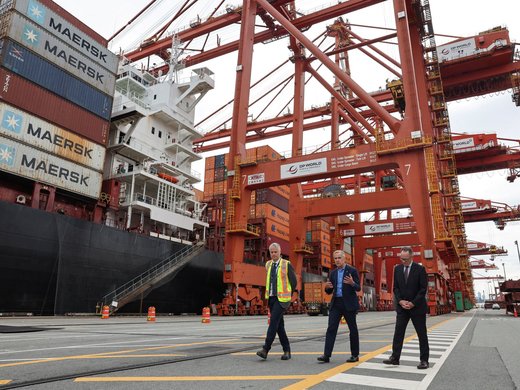A protectionist sentiment is growing in countries that used to champion trade liberalization, putting the World Trade Organization (WTO) under serious strain and compounding the drawback effect of some dysfunctional working practices. Trade ministers meeting in Buenos Aires (December 11–14, 2017) should not paper over these tensions, but rather use the opportunity to pause negotiations and ask the WTO to take stock of working practices that need to be updated and recalibrated. The paper illustrates this point by addressing two dysfunctional working practices that lie at the core of the WTO’s predicament and that could be fixed through updating and recalibration. Finally, the paper proposes that trade ministers could contemplate the creation of an independent policy watchdog, such as those existing in the International Monetary Fund (IMF) and the World Bank. This would engrain a learning culture into the WTO’s day-to-day business, facilitate incremental reforms and obviate a wake-up crisis.


